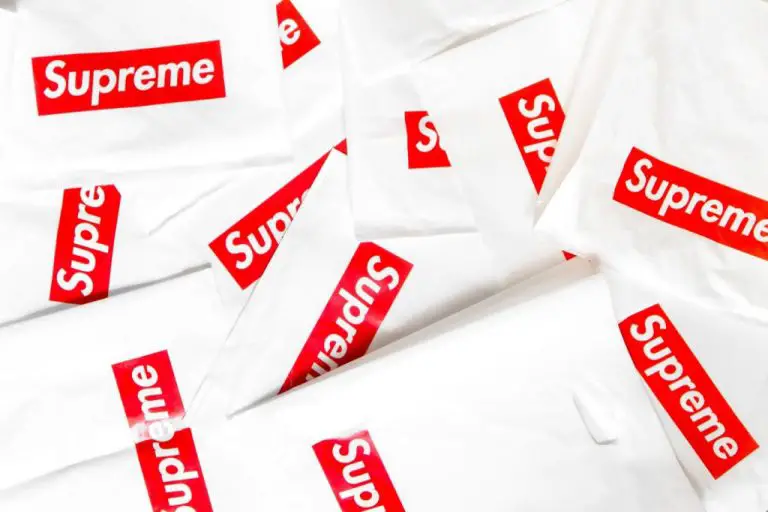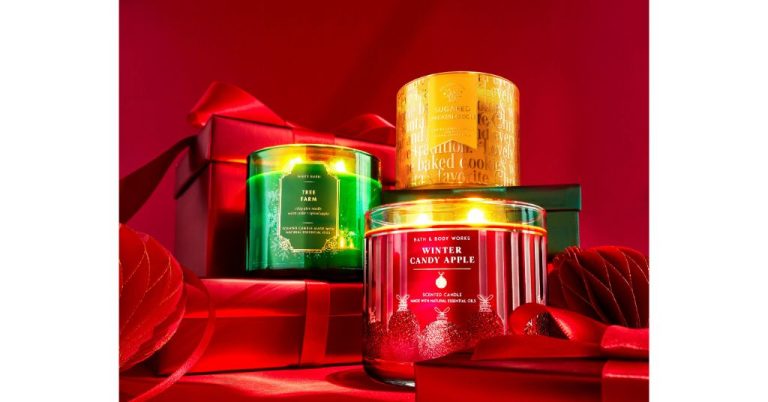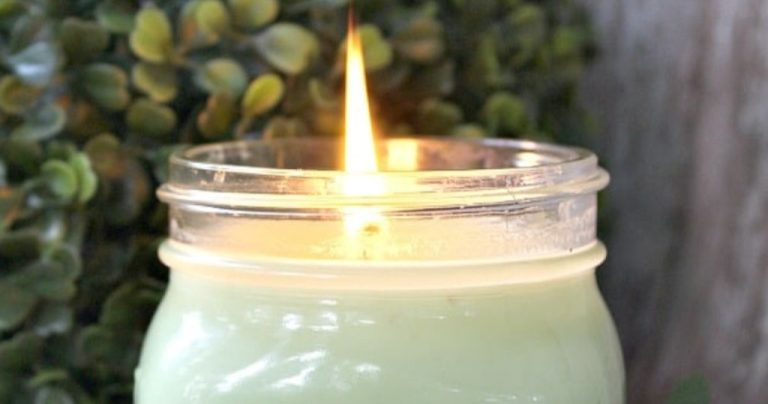What Do You Call Someone Who Makes And Sells Candles?
Candlemaking is the art, craft, and occupation of manufacturing candles and infusing them with scents and colors. Candlemaking dates back thousands of years, with evidence of candles being crafted from animal fat as early as 3,000 BC. While candlemaking was once an essential skill for providing light and warmth in the home, today it is more commonly practiced as a beloved hobby, small business, and artistic trade.
In modern times, the handmade candle industry has seen a major resurgence in popularity. The artistry involved in crafting beautiful, unique candles makes the practice a creative outlet. Scenting candles with essential oils and pairing them with decorative vessels transforms candlemaking into a way to express personal style. For many, the joy of candlemaking comes from taking a raw material like wax and using skill, technique, and imagination to turn it into something special that can be shared with others. The popularity of candlemaking speaks to an appreciation for handmade goods and meaningful gifts in an increasingly mass-produced world.
Candlemaker
Candlemakers are people who make candles by hand or with machinery. The term refers specifically to individuals who create candles from scratch using wax, wicks, and other raw materials. Candlemaking has a long history as a trade and artisan craft. Before electricity, candles were an essential source of light, so professional candlemakers played an important role in communities. Today, many candlemakers turn candlemaking into a small business, selling their handmade candles at craft fairs, farmers markets, and online stores. The candlemaking process involves melting wax, adding fragrance and colorants, pouring wax into molds or containers, inserting wicks, and finishing off the candles. Candlemakers require knowledge of candle waxes, wicking, scents, molds, packaging, labeling, and safety practices. It is a skill and craft developed over time through hands-on experience. While some candlemakers follow traditional techniques, others experiment with new waxes, molds, scents, and designs. The title of candlemaker denotes someone passionate about the art and craft of candlemaking.
Chandler
The term “chandler” originally referred to someone who made or sold candles and other supplies related to lighting. The word comes from the Old French “chandelier,” meaning a candle. Back in medieval times, a chandler was an established tradesperson who specialized in candles and lamp making.
The chandler would make candles out of materials like tallow, beeswax, and wax from bayberries. They made candles not only for home use, but also to be used in the church. Some chandlers only made candles while others also sold them directly. The chandler usually owned a shop in town and may employ apprentices to assist in the candle making process. In some places, the term was used interchangeably with wax chandler.
While candlemaking itself has a long history, the specific term “chandler” emerged in England during the 13th century. It referred to one of the many medieval trades vital for providing light. Use of the term declined after the Industrial Revolution, when candles were increasingly mass produced in factories. These days, a person who makes and sells candles is more likely to be called a candlemaker, crafter, artisan, or candle entrepreneur rather than a chandler.
Wax Chandler
A wax chandler is a specific type of candlemaker who works primarily with wax to create candles. The term “chandler” itself refers generally to a candlemaker, but adding “wax” before it distinguishes them as focusing specifically on crafting candles out of wax. This sets them apart from other types of chandlers who may make candles out of different materials like tallow or spermaceti.
Wax chandlers utilize specialized skills and tools to melt, pour, and shape wax into candles. They not only make standard taper and pillar candles, but also more elaborate wax sculptures and decorative candles. The term “wax chandler” highlights their artistry in working with wax as a medium. While other candlemakers may simply dip wicks repeatedly into melted wax, wax chandlers are true masters of their craft. Their deep knowledge of waxes, wicks, scents, and candle-making techniques allows them to create distinctive and high-quality wax candles.
Candle Artisan
Some candlemakers approach their craft as an artform, handcrafting each candle with care while utilizing artistic techniques. These candlemakers may refer to themselves as candle artisans. Rather than mass producing candles, they focus on creating unique and beautiful pieces.
There are many techniques a candle artisan may use to make their candles special. Some examples include:
- Layering colors of wax and fragrances to create visual depth and interest.
- Using natural materials like dried flowers or herbs as embellishments.
- Etching or carving designs into the candle surface.
- Shaping candles into artistic forms like sculptures.
- Making hand-rolled beeswax candles for a natural, organic look.
The candle artisan takes pride in their creative vision, paying attention to every aesthetic detail. Their candles become like tiny works of art. Rather than just providing light, they seek to delight the senses through artistic expression. For the candle artisan, making candles goes beyond a trade – it is an artform and passion.
Candle Entrepreneur
Candle entrepreneur refers to candlemakers who focus on the business and entrepreneurial aspects of candle making. This term positions candlemaking as a viable business venture and career path, beyond just a hobby or craft.
In recent years, the handmade candle industry has seen immense growth, fueled by consumer demand for natural, non-toxic products from small businesses. As interest increases, many candlemakers are taking their passions and turning them into full-time businesses. They are educating themselves on business topics like marketing, branding, accounting, and project management. Online platforms like Etsy and Shopify have enabled candle entrepreneurs to sell their products to a global audience.
Key trends driving the success of candle entrepreneurs include:
- Emphasis on quality natural ingredients and custom scents
- Specialization in unique container designs and branding
- Targeting niche markets like eco-conscious consumers or gift givers
- Leveraging social media for marketing handmade products
- Partnering with retailers, subscription boxes, and corporate gifts
- Optimizing online shops and prioritizing the customer experience
The candlemaking craft has evolved into a sophisticated industry filled with passionate artisans running their creative businesses. Although success requires entrepreneurial skills beyond just candlemaking, the creators still emphasize homemade quality and personal touches. The title of candle entrepreneur encapsulates this fusion of artistry and business within the handmade candle space.
Candlemaster
Candlemaster is an informal term sometimes used to refer to someone who makes candles professionally. Though not as common as “chandler” or “candlemaker,” the term candlemaster evokes imagery of mastery and expertise in the candlemaking craft.
The term candlemaster originated in medieval times when candlemaking was considered a skilled trade. Candlemaking guilds would recognize experienced candlemakers who demonstrated exceptional talent by granting them the title of candlemaster. A candlemaster was regarded as having achieved the highest level of candlemaking proficiency.
Today, the term candlemaster is occasionally used, often lightheartedly, to refer to artisanal candlemakers who have finely honed their craft. For candlemaking businesses, candlemaster may be used as a brand name or job title to convey a spirit of passion and dedication to the art of candlemaking.
Chandlery
While candlemaker terms like chandler refer to the individual who makes candles, a chandlery is the actual shop or store that sells candles and other candle-making supplies. A chandlery is similar to a candle shop, boutique, or store. The term chandlery comes from the root word “candle” and originally referred to shops that specialized specifically in candle-making supplies and candles. However, over time, the term has expanded to sometimes include shops that sell a variety of products besides just candle-making items. For example, some chandleries today also sell items like soaps, oils, incense, and other homemade or artisanal goods besides candles.
The difference between a candlemaker and a chandlery is that the candlemaker is the person crafting the candles, while the chandlery is the retail location selling the finished candles. Some candlemakers own or operate their own small chandleries to sell their handmade creations. However, a chandlery may also obtain stock from various wholesale candlemakers and artisans. In summary, a chandlery is the candle shop itself, while a candlemaker refers to someone who makes candles, whether for their own chandlery or to distribute to other retail outlets.
Regional Terms
Regional dialects and languages have produced some interesting local terms for candlemakers:
Ljusstöpare – This Swedish term literally means “light pourer” and refers to candlemakers.
Chandailier – In French, a chandailier is a candlemaker or chandler.
Lumiainen – The Finnish word for candlemaker, derived from the word for light.
Svjećar – Croatian term for a chandler or candlemaker.
Świecarz – The Polish name for a person who makes candles.
These regional terms reflect the importance of candlemaking across cultures. They originate from local words for light or candle, demonstrating how candlemakers were describes based on their crucial role providing illumination.
Conclusion
In summary, some key terms for a person who makes and sells candles include:
Candlemaker – The most general and common term.
Chandler – Historically referred to those who made and sold candles and wax.
Wax Chandler – Specifies they work with wax. Sometimes used for makers of taper candles.
Candle Artisan – Emphasizes candlemaking as an art or craft.
Candle Entrepreneur – Highlights the business side of candlemaking.
Candlemaster – Used humorously or for someone very skilled at candlemaking.
The terms “Chandler” and “Wax Chandler” may be preferred in a historical context. “Candle Artisan” and “Candle Entrepreneur” add extra meaning for certain candlemaking businesses. But in general, “candlemaker” remains the standard, widely recognized term.




